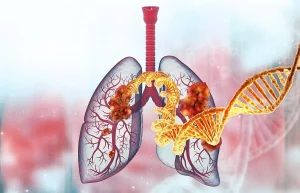Researchers say their small study offers the first proof that therapeutic donor microbes remain for months or years in patients who’ve undergone stool transplants.
Medically known as “fecal microbiota transplantation” (FMT), the procedure is used to treat severe diarrhea and colitis caused by repeated Clostridium difficile infections, the researchers explained.
FMT is an increasingly popular treatment for C. difficile infections, with a 90 percent success rate. It involves collecting stool from a healthy donor and mixing it with salt water. The solution is then transferred to the patient’s digestive tract through a thin, flexible tube called a colonoscope, or through the nose.
C. difficile gut infections can be deadly. They often follow use of antibiotics that change the normal balance of bacteria in a patient’s gut. C. difficile is increasingly resistant to standard antibiotic treatments.
The aim of a fecal transplant is to restore beneficial gut bacteria. A balance of good and bad bacteria makes it easier to fight infection.
The study included seven patients. In two, some donor microbe strains persisted as long as two years after a transplant. In five others, donor strains persisted for three to six months, according to the University of Alabama at Birmingham researchers.
They were led by Ranjit Kumar, a biomedical informatics specialist.
“The demonstration that certain transplanted microbes can persist for up to two years demonstrates the potential of using FMT for long-term changes in the composition of the gastrointestinal tract microbe communities,” the researchers wrote.
They said the results offer insights “that are essential for development of new approaches to improve health via manipulation of this complex microbial community.”
The Alabama researchers added that the method they used to zero in on specific strains of gut bacteria for their study may help warn of changes related to illnesses like diabetes, obesity, ulcerative colitis or Parkinson’s disease.
“This early warning system could be used to signal the use of interventions, such as microbe transplants, designed to maintain the gut microbe community structure necessary for efficient metabolic function needed for human health,” said study co-author Casey Morrow, retired professor of cell, developmental and integrative biology.
The study was published online recently in the journal Biofilms and Microbiomes.
More information
For more on FMT, go to the Fecal Transplant Foundation.
Source: HealthDay
Copyright © 2025 HealthDay. All rights reserved.

















